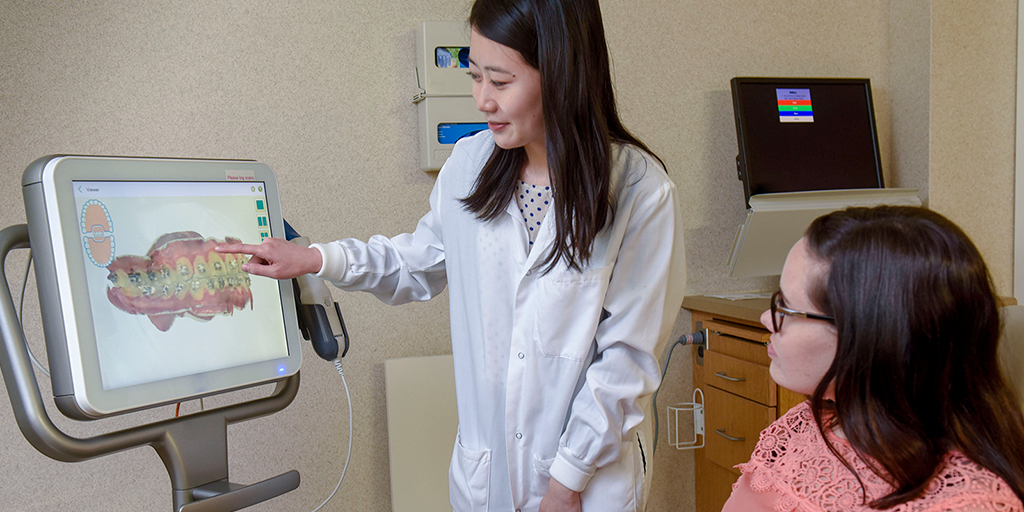I recently attended a fantastic continuing professional development (CPD) event offered by Speech Pathology Australia on the topic of how Speech Pathologists can work more effectively with Dentists and Orthodontists.
As a practitioner who considers working with other professionals very important in order to establish an holistic view of a client’s needs, I found the workshop tremendously interesting and pertinent. It has inspired me to seek further training and accreditation in the field of Orofacial Myology, which involves “therapy for facial, tongue and neck muscles which have not developed well, or have been used improperly” (OM Health Services, 2012, www.omhealthservices.com) to complement what I already do.
The following stood out for me in the workshop:
o For a child’s palate to grow, his or her tongue needs to sit properly in the hard palate at rest, behind the front teeth. If the tongue is impaired in any way from doing so, through thumb or finger sucking for example, the palate doesn’t develop efficiently and this can lead to crowding of the teeth. Speech problems can arise when there is overcrowding and / or a poor swallowing technique, as well as other structural issues.
o Bedwetting in children can be related to breathing through the mouth while sleeping, rather than breathing through the nose. If a child finds it difficult to breathe through his or her nose when sleeping, or you notice him or her with an open mouth when asleep, see your GP.
o Breathing properly is important for everyone. It is better to breathe through your nose than your mouth, as oxygen is better absorbed by the blood this way. Become more aware of breathing through your nose, or do a Buteyko Breathing course to learn how.


